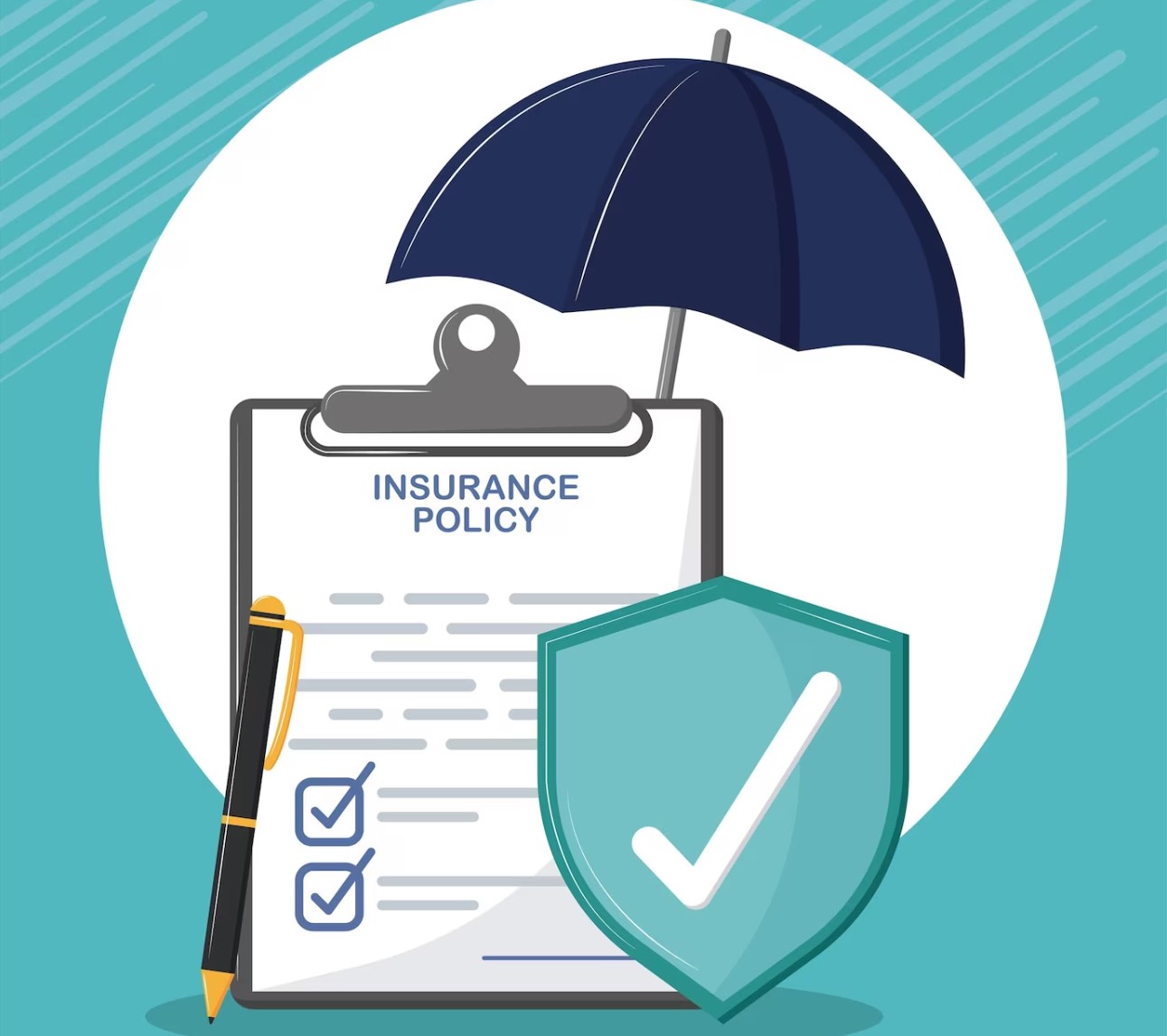Life is filled with unexpected twists and turns, and no matter how careful you are, accidents and unforeseen events can happen. While you may have various insurance policies in place to protect your assets and liabilities, there’s a type of insurance that provides an extra layer of security—umbrella insurance. In this comprehensive guide, we will explore what umbrella insurance is, how it works, why you might need it, and how to determine if it’s the right choice for you.
Understanding Umbrella Insurance
Umbrella insurance, often referred to as personal umbrella insurance or excess liability insurance, is a supplementary form of insurance that goes beyond the coverage limits of your primary insurance policies, such as auto insurance or homeowners insurance. It is designed to provide additional protection in case you face a significant liability claim or lawsuit.

The primary purpose of umbrella insurance is to safeguard your assets and financial well-being when your existing insurance coverage is exhausted. It can cover various liability claims, including bodily injury, property damage, libel, slander, and even certain legal defense costs. Here’s how umbrella insurance works:
- Coverage Limits: Umbrella policies typically offer coverage in increments of one million dollars or more, often up to five million dollars or more. This additional coverage kicks in once you’ve reached the limits of your underlying insurance policies.
- Wide Scope: Umbrella insurance is versatile and can provide protection for a range of scenarios, from car accidents where you are at fault to accidents that occur on your property, defamation claims, and more.
- Legal Defense: Umbrella insurance often includes coverage for legal defense costs, such as attorney fees, court fees, and other related expenses.
Why You Might Need Umbrella Insurance
Now that you have a basic understanding of how umbrella insurance works, let’s explore why you might need it:
1. Asset Protection:
One of the primary reasons to consider umbrella insurance is to protect your assets. If you are found liable in a lawsuit and the judgment exceeds the limits of your primary insurance policies, your personal assets, such as savings, investments, and even your home, could be at risk. Umbrella insurance provides an extra layer of protection to safeguard your assets.
2. High Liability Risk:
Certain individuals are more vulnerable to liability claims due to their profession or lifestyle. For example, doctors, lawyers, business owners, and landlords may face a higher risk of being sued. Similarly, if you have a swimming pool, trampoline, or own rental properties, your liability risk increases. Umbrella insurance can help mitigate this risk.
3. Auto Insurance Coverage:
Auto accidents can result in significant liability claims. If you are involved in a car accident and found at fault, the medical bills, property damage, and potential lawsuits could exceed your auto insurance coverage limits. Umbrella insurance can step in to cover the excess costs.
4. Homeowners Insurance Coverage:
Accidents that occur on your property, such as a slip and fall, dog bite, or injury to a visitor, can lead to liability claims. If your homeowners insurance coverage is insufficient to cover these claims, an umbrella policy can provide additional protection.
5. Peace of Mind:
Umbrella insurance offers peace of mind, knowing that you have extra protection in place for unforeseen events and unexpected lawsuits. It can help you sleep better at night, knowing that your financial future is secure.
How to Determine if You Need Umbrella Insurance
Deciding whether you need umbrella insurance requires careful consideration of your unique circumstances. Here are some steps to help you determine if umbrella insurance is the right choice for you:
1. Assess Your Assets:
Take an inventory of your assets, including savings, investments, real estate, and valuable personal property. Consider how much coverage you would need to protect these assets in the event of a significant liability claim.
2. Evaluate Your Risk Factors:
Think about your profession, lifestyle, and any factors that could increase your liability risk. Are you involved in activities that pose higher risks? Do you own a business or rental properties? Assessing your risk factors can help you gauge the need for additional coverage.
3. Review Your Existing Policies:
Examine your current auto, homeowners, and other insurance policies to understand their coverage limits. Determine if those limits are sufficient to protect your assets or if there are coverage gaps that umbrella insurance could fill.
4. Get Insurance Quotes:
Contact insurance providers to request quotes for umbrella insurance policies. Compare the cost of coverage with the potential risks and the value of your assets. Make sure to consider the affordability of premiums in your budget.
5. Consult with an Insurance Professional:
Seek advice from an insurance agent or broker who specializes in umbrella insurance. They can help you assess your needs, provide guidance on coverage limits, and offer policy options tailored to your situation.
Umbrella insurance is a valuable tool for protecting your assets and financial well-being from unexpected liability claims and lawsuits. It provides an additional layer of coverage beyond your primary insurance policies, offering peace of mind and security in an uncertain world. Assessing your assets, evaluating your risk factors, and seeking guidance from insurance professionals are essential steps in determining if umbrella insurance is the right choice for you. Ultimately, having umbrella insurance can provide you with the confidence that you are prepared for whatever life may bring.